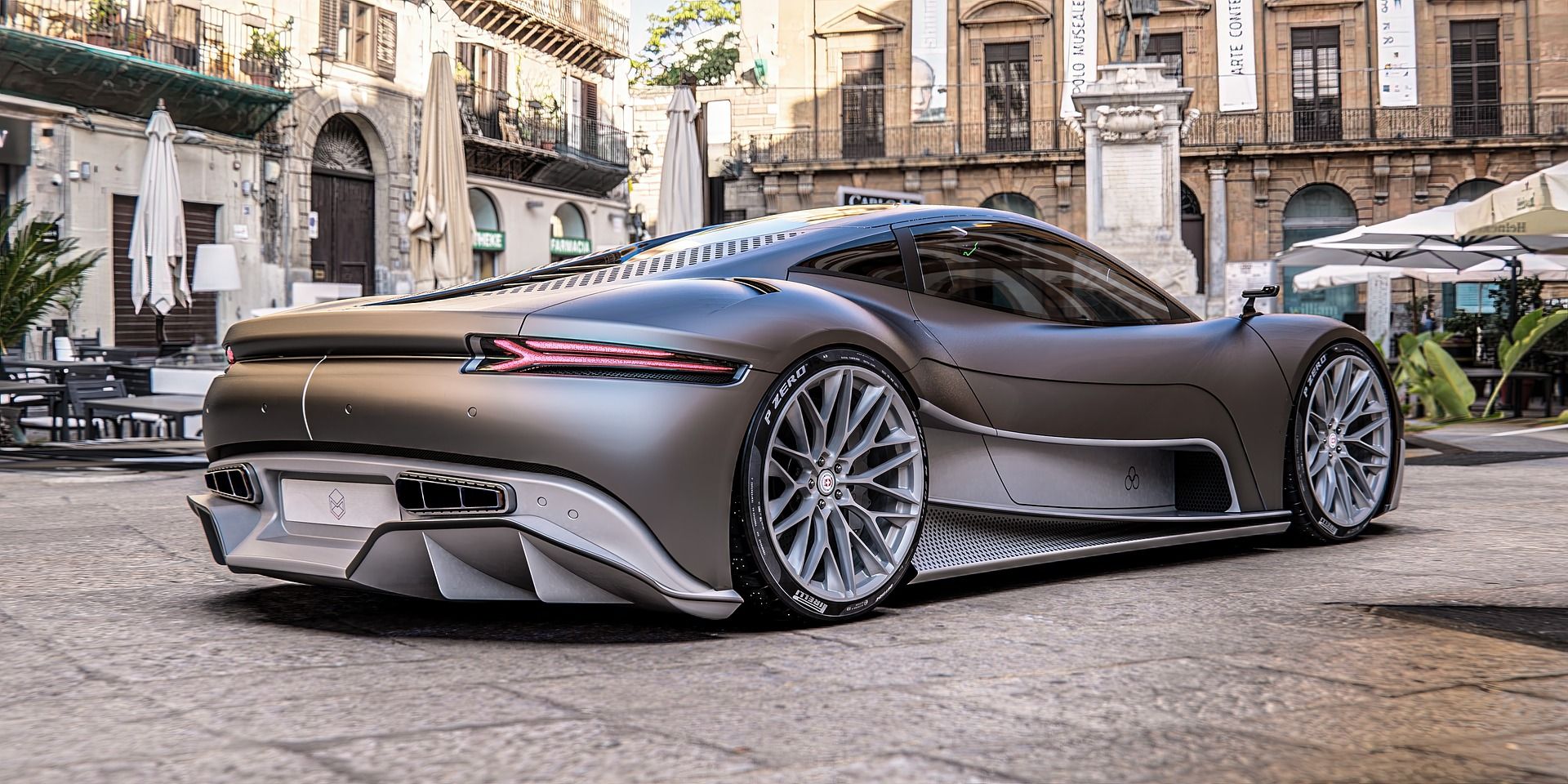- The global EV battery market will increase 458% by 2028 from its $17B valuation in 2019.
- The potential of EVs disrupting the transport sector will be a major driver of this growth.
Electric vehicles (EVs) are becoming increasingly popular as the world shifts towards more sustainable forms of transportation. EVs rely on batteries to power their motors which are becoming more complex as the technology advances. That leads to increasing demand for high-quality EV batteries, and the global market for these is expected to grow rapidly in the coming years.
According to a BanklessTimes.com data presentation, the global EV battery market will exceed $95B by 2028. That represents a 458% growth from its $17B valuation in 2019. BanklessTimes.com’s CEO, Jayson Andrews, believes that businesses have greater potential to tap into the rapidly growing market with the right products and strategies.
BanklessTimes.com’s CEO, Jayson AndrewsEVs are more efficient than traditional vehicles, and they have the potential to upend the transportation sector completely. We’re going to see a lot more innovation in this space, and I’m very bullish on the future of EVs. As more consumers switch to EVs, the demand for batteries can only rise leading to the explosive growth of the market.
What’s Driving This Growth?
Electric vehicles are becoming more popular. In 2017, there were just 3 million electric vehicles worldwide. Fast-forward to 2040, and that number is expected to balloon to 323 million. As electric vehicles become more mainstream, the demand for batteries will increase.
Another factor boosting demand for EV batteries is stricter emissions regulations worldwide. Governments are implementing policies to encourage the adoption of low-emission vehicles, and EVs are at the heart of those moves. This is especially true in China and Europe, where emissions regulations are particularly stringent.
Moreover, the trend towards larger and more complex batteries is also helping drive market growth. These batteries are necessary to power modern EVs’ increasingly powerful electric motors. As battery technology improves, automakers can pack more energy into smaller packages.
That allows them to build vehicles with longer ranges and higher performance. Thus, vehicles can travel further on a single charge, making them more attractive to consumers. With battery prices falling and range anxiety decreasing, more consumers are switching to EVs.
So What Does This Growth Mean for Businesses?
Merry believes the global EV battery market presents a huge opportunity for investors. Besides battery manufacturers and the provision of charging stations, other opportunities are calling for investments. For instance, some savvy investors are already pursuing battery swapping and battery-as-a-service models. As battery prices become more affordable and range anxiety decreases, EVs are looking like a wise investment for the future.
Battery swapping allows EV owners to swap out their depleted batteries for fresh ones at a charging station, greatly reducing charging time. And battery-as-a-service models offer EV owners the ability to lease batteries instead of buying them outright. Both models could help make EV ownership more affordable and convenient.
People in manufacturing or supplying EV batteries stand to make a lot of money in the coming years. The market is expected to grow rapidly over the next decade, and many individuals expect to see even more innovation and disruption.
China’s Firm Grip on Global EV Battery Production
Chinese firms currently dominate the EV battery market, accounting for over 50% of their global production. CATL is the world’s largest player, with a 34% market share. Another five Chinese firms join CATL in the top 10 EV battery manufacturers list, confirming the country’s stranglehold over the sector.
South Korean tech giant LG Chem (14%) takes second place. Another Chinese company BYD (12%), comes in third, while Japan’s Panasonic rounds the top four with a 10% share. Together, these four companies control 70% of the global EV battery market, underlying Asia’s dominance of this segment.
It’s no surprise that Chinese firms dominate the EV battery market. China is the world’s largest EV producer and consumer, and the government has invested heavily in developing the EV industry. This investment has created a strong domestic market for EV batteries, which has allowed Chinese firms to scale up their production and become global leaders.
Challenges Facing the Sector
The EV battery market is growing at an unprecedented rate, putting immense strain on the availability of key raw materials. Chip, Lithium, and Cobalt shortages have been a major concern. While new mines are being developed to meet demand, it will take time for production to ramp up to the levels needed to satisfy the EV market.
In the meantime, the cost of raw materials has soared and is likely to continue in the short term. This increase is bad news for EV manufacturers, as it increases the cost of batteries and makes them less competitive against traditional petrol and diesel vehicles.
EVs have a lot of great features that have been luring drivers away from combustion vehicles in recent years. However, one big drawback preventing their mass adoption is their high upfront cost. EV batteries are expensive, and the consumer shoulders that cost in the form of higher prices for EV models.
The high price is a major deterrent for many drivers, who are used to the lower sticker prices of gas cars. The good news is that with improving battery technology, their prices are dropping. This drop will spur their uptake hence boosting the battery market.
Despite these challenges, the EV battery market is expected to continue growing rapidly in the coming years as the benefits of EVs become increasingly hard to ignore. With government support and falling prices, EVs are poised to take over the automotive market in the long term.













